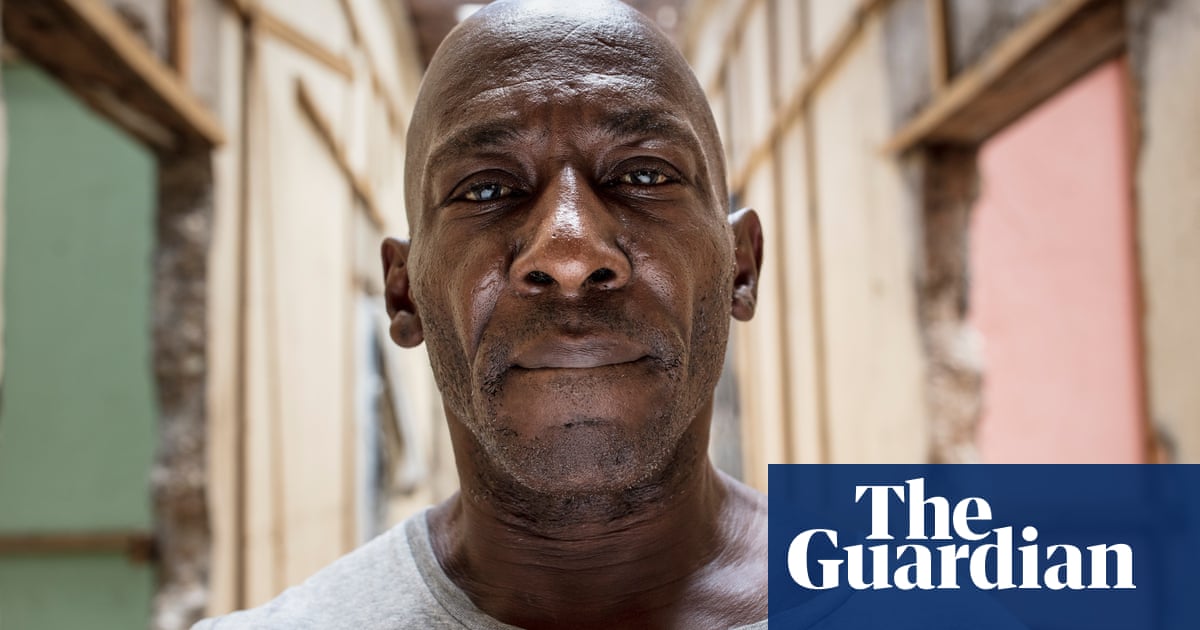TheHome Officehas agreed to fly home a member of the Windrush generation who lived in the UK for 47 years before being wrongly deported and forced to live on the streets of Jamaica in horrific conditions for more than a decade.
In a highly unusual move and after protracted legal action, Home Office officials have accepted that Winston Knight, 64, is a member of the Windrush generation and have agreed to revoke his deportation order.
Speaking to the Guardian from Kingston,Jamaica, Knight said he was delighted to finally be on his way back to the UK after more than a decade of enduring horrific conditions on the streets.
“I’m doing much better now I know I have won my case and will be returning to the UK. But I am coming from hell. I have been living in a war zone in Kingston and I’ve had some very tough days.”
He is likely to be back in the UK in the coming weeks, possibly beforeWindrush Dayon 22 June, which celebrates the contribution Caribbean migrants and their families have made to the UK. It marks the date in 1948 that HMT Empire Windrush docked in Tilbury, Essex, bringing hundreds of passengers from the Caribbean to the UK.
Knight was deported from the UK in 2013 after he was convicted of stealing a piece of jewellery during the 2011 riots in what his lawyers described as an “opportunistic mistake”.
He arrived in 1966 aged six, brought here by people unrelated to him. He experienced a difficult childhood in south London, was not allowed to attend school and later worked on construction sites. The lack of school and employment records made it difficult for him to prove he had been “ordinarily resident” in the UK in 1973.
Like all Citizens of the UK and Colonies – a status granted before 1983 – he was granted indefinite leave to remain. But his lawyers had to carry out painstaking work to track down eye witnesses who remembered him from his childhood and could corroborate his account of the time he arrived in the UK.
When he was unlawfully deported in 2013, theWindrush scandalrevealed by the Guardian had not yet emerged. Knight said that he was so desperate when he was detained in Harmondsworth immigration removal centre, near Heathrow, about the prospect of being forcibly returned to a country he knew little of, that he repeatedly attempted suicide there.
But his deportation went ahead despite his fragile mental state and he found himself street homeless on the streets of Kingston where he has been caught in the crossfire of gang warfare. The violence he witnessed has left him deeply traumatised, he said.
The Guardianreportedon his case in 2018 and interviewed him in Kingston. At that time he asked for his real name not to be used and instead to be referred to by David Jameson.
He brought a judicial review arguing that he was exempt from deportation, and just hours before the final hearing on 15 May the home secretary, Yvette Cooper, conceded that Knight was a member of the Windrush generation.
Sign up toThe Long Wave
Nesrine Malik and Jason Okundaye deliver your weekly dose of Black life and culture from around the world
after newsletter promotion
Nina Kamp, a consultant solicitor at Duncan Lewis Solicitors who represents Knight, said: “Mr Knight has suffered unimaginable harm being homeless in an extremely volatile environment for over a decade with no support. The physical and psychological toll is profound and will take years to repair. Astonishingly, the home secretary has still offered him no apology for the historic wrong her department inflicted.”
She added: “This case ranks among the gravest Windrush injustices we have seen – not only because he was excluded for 12 years, but because the home secretary clung to an indefensible position until the very last moment, needlessly prolonging and compounding his suffering.”
Knight is being put up in a hotel before being returned to the UK. “For the first time since I was deported here, I’m sleeping in a bed,” he said. “I witnessed so many murders and stabbings and saw so many people being beaten. I survived by eating vegetables from the market, bread and bananas. I’ve received a lot of abuse in Jamaica being called ‘English’ and ‘deportee’.”
He said that among the things he really missed about England were his days playing football in a Sunday league with friends in New Cross Gate, south London. “I would love to do that again and get back to work doing painting and decorating,” he said. “I’m a working kind of guy.
“I have had a lot of ups and downs here, mostly downs, but now I’m coming back to England I feel great. Thank God I survived. I was calling out for years but nobody listened to me.”
